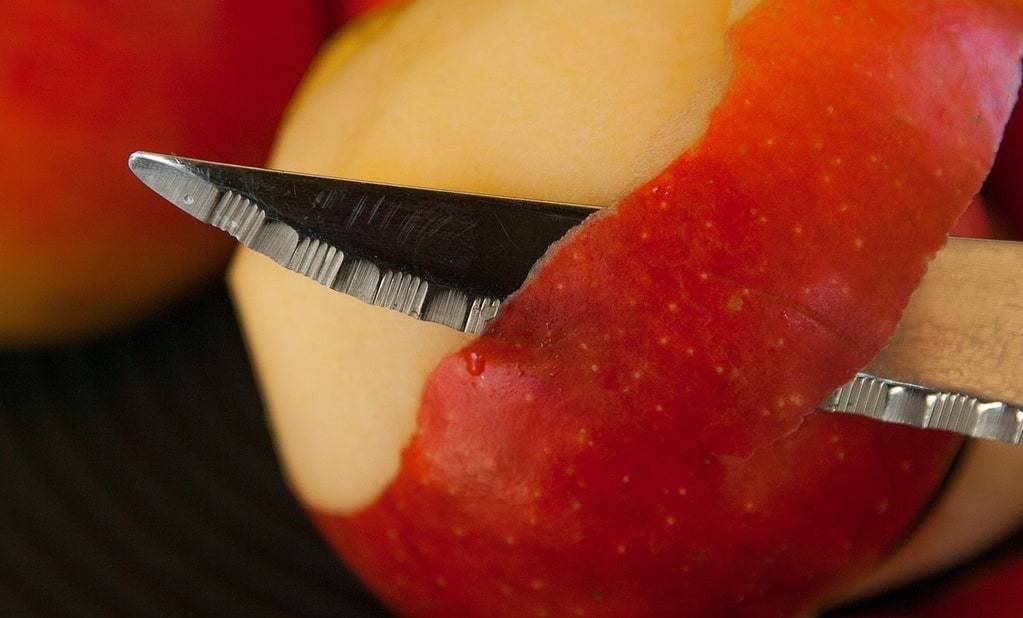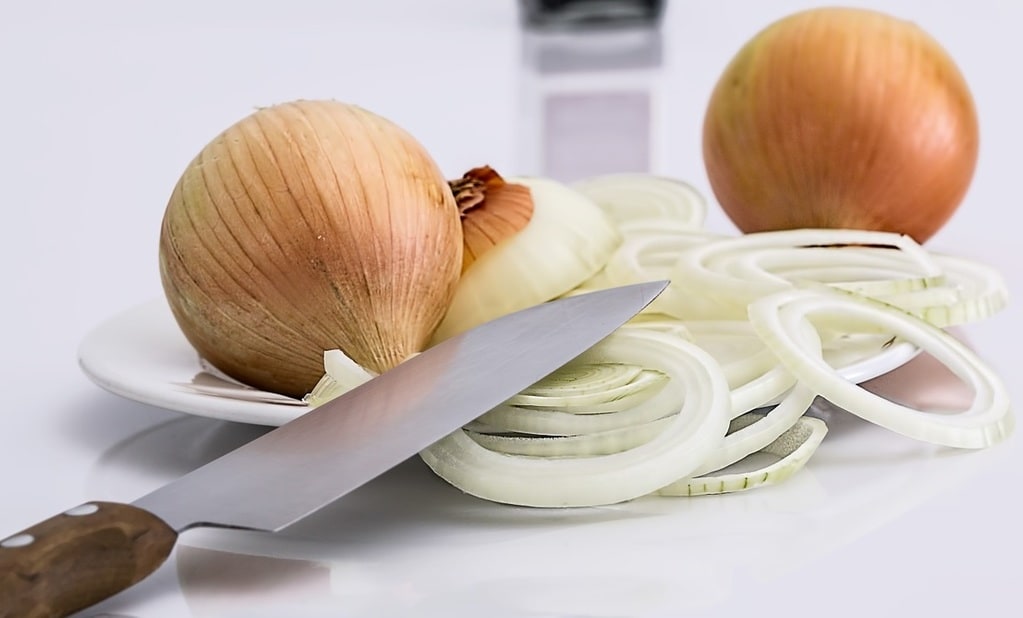Practicing eco-friendly habits in the kitchen can significantly reduce one’s carbon footprint and contribute to a more sustainable lifestyle. The kitchen is a central part of every home where numerous opportunities exist to implement green practices. By making conscious choices, individuals can save resources, reduce waste, and create a healthier environment.
Adopting Sustainable Practices in Your Kitchen
A sustainable kitchen begins with mindful consumption and waste reduction. Start by examining the types of products and materials being used daily. Opt for items that have minimal environmental impact and are produced sustainably. For instance, choose organic produce, which is grown without harmful pesticides, and prefer local and seasonal foods to minimize transportation emissions.
Energy Efficiency
Reducing energy consumption in the kitchen can be achieved through several simple yet effective measures. One of the most impactful steps is to switch to energy-efficient appliances. Modern appliances that carry the Energy Star label use significantly less electricity and water compared to older models. When cooking, use lids on pots to retain heat and cook food faster, and consider using a microwave or toaster oven for smaller meals instead of a full-sized oven.
Another energy-saving tip is to be mindful of refrigerator usage. Ensure that the refrigerator door is closed tightly and not left open for extended periods. Regularly defrost the freezer to maintain its efficiency, and avoid placing hot food directly inside, as it forces the refrigerator to work harder to cool down.

Water Conservation
Water conservation is a critical aspect of an eco-friendly kitchen. Installing low-flow faucets and using water-saving dishwashers can greatly reduce water usage. When washing dishes by hand, fill the sink or a basin with water instead of letting the tap run continuously. Additionally, collecting rainwater for tasks like watering plants can help conserve treated water.
Reducing Food Waste
A significant amount of waste in the kitchen comes from uneaten food. To tackle this issue, plan meals carefully and shop with a list to avoid purchasing unnecessary items. Storing food properly can also extend its shelf life, reducing the likelihood of spoilage. For example, use airtight containers for dry goods and keep fruits and vegetables in designated areas of the fridge to maintain their freshness.
Another strategy to reduce food waste is to embrace creative cooking. Use vegetable scraps to make broths and soups, and consider recipes that allow for flexibility in ingredients to use up what is already available in the pantry.
Eco-Friendly Kitchen Tools and Utensils
Choosing eco-friendly tools and utensils is another step towards a greener kitchen. Replace single-use items with reusable alternatives, such as cloth napkins, silicone baking mats, and stainless steel straws. Avoid plastic utensils and opt for those made from bamboo or other sustainable materials.
Incorporate cutting boards and utensils made from sustainably sourced wood, and consider investing in high-quality cookware that has a longer lifespan. By selecting durable items, you reduce the need for frequent replacements, thus minimizing waste.
Composting
Composting organic waste is an excellent way to manage kitchen scraps and reduce landfill contributions. Set up a compost bin in the kitchen to collect fruit and vegetable peelings, coffee grounds, and eggshells. This compost can then be used to enrich garden soil, promoting healthy plant growth without chemical fertilizers.
Recycling and Upcycling
Recycling plays a crucial role in an eco-friendly kitchen. Separate recyclable materials like glass, plastic, and paper from general waste. Ensure that items are clean and dry before placing them in the recycling bin to avoid contamination.
Upcycling is another creative way to handle waste. Repurpose glass jars as storage containers, or use them for homemade jams and sauces. Old kitchen towels can be transformed into cleaning rags, and leftover fabric can be sewn into reusable produce bags.
Incorporating Eco-Friendly Habits into Daily Routines
Developing eco-friendly habits involves small changes that collectively make a significant impact. Here are some actionable steps to incorporate into daily routines:
- Turn off lights and unplug appliances when not in use to save electricity.
- Use natural cleaning products to avoid harmful chemicals and reduce environmental pollution.
- Support brands and products that prioritize sustainability and ethical practices.
- Cook meals in bulk and freeze portions to save energy and reduce waste.
- Participate in local food co-ops or community-supported agriculture (CSA) programs to support sustainable farming.
These practices not only contribute to a healthier environment but can also lead to cost savings and improved well-being. Adopting these eco-friendly habits in the kitchen is a step towards a more sustainable lifestyle that benefits both individuals and the planet.
